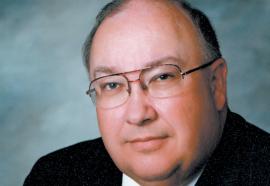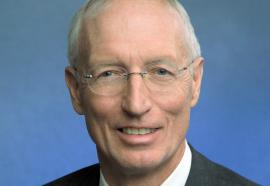A Low-Voltage Energy Bill
While a few provisions are worth embracing, most of its 1,724 pages represent a waste of good timber.
After four years of legislative trench warfare, contentious legal wrangling, and heated partisan rhetoric, President Bush finally got what he wanted—a really big energy bill. What he did not get, however, was an internally consistent "national energy strategy." Examination of the legislation reveals that its title—the Energy Policy Act of 2005—is less descriptive than the title popularized by Sen. John McCain: the No Lobbyist Left Behind Act of 2005.











